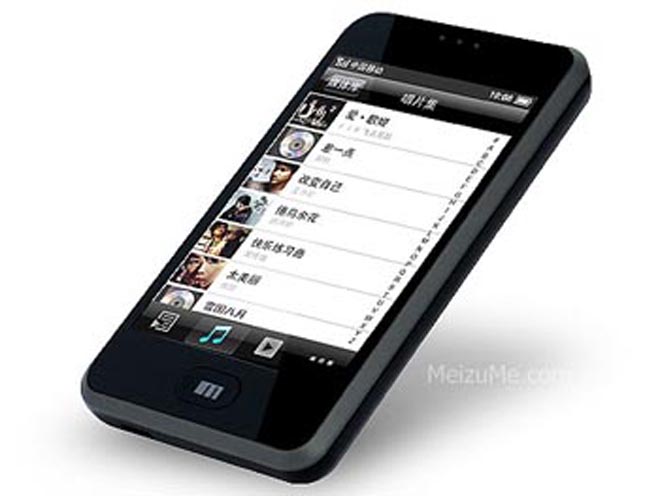The scientist who led Australia's contribution to the global Inter-phone study on Tuesday dismissed reports that it may be dangerous to use a mobile phone for more than 30 minutes a day, Xinhua reported.
The research found no clear link between mobile phones and cancer, and the warning of a half-hour limit came from a quick calculation by those re-interpreting inconclusive findings of the study, Professor Bruce Armstrong said.
"Let me tell you where this half-hour per day originated from .. . it was in fact in The Times Online article in the United Kingdom on Sunday, which was also the one, as far as I know, which broke the embargo," Prof Armstrong told reporters in Sydney.
"What someone did was a bit of quick mental arithmetic that said 1640 hours accumulated over 10 years of use equals about a half hour a day.
"That's it - all I can really say is that we are not really sure about that increase in risk above 1640 hours (of accumulated mobile phone use)."
The Sydney University professor said the best advice he could offer was that if people were worried about the health ramifications of using a mobile phone, then they should curb their use or use a hands-free device or low-radiation mobile phone.
"But we don't really know if there is a harmful effect," the professor told the Australian Associated Press.
The 10-year Inter-phone study, published on Tuesday but widely reported ahead of its release, took in 5,000 people who had brain tumors and compared their lifetime mobile phone use to a matched group of healthy people.
It found those who fell in the top 10 percent of heavy users, those who made calls totaling 1640 hours over 10 years, appeared to have an increased risk of brain tumor.
However, Prof. Armstrong said the link was not strong and other data showed mobile phones could actually offer a "protective effect" against developing the cancer.
"We do have some suggestions of an increased risk, but we cannot confidently say there is an increased risk," Armstrong said.
"Equally, we cannot confidently say there is no risk and so my position is one of uncertainty."
Professor Bernard Stewart, scientific adviser to Cancer Council Australia, said on present evidence mobile phones "do not rate" alongside tobacco, sun exposure, alcohol, obesity and other risk factors associated with cancer.
But the "tens of millions" of existing mobile phone users and the rapid growth in use showed the need for more precautionary research.
"If it were a small group of occupational workers throughout the world who were exposed to these things, we might say no more work is necessary," Prof Stewart said.
"In light of the huge population who do use mobile phones, then further research is necessary ... but at the moment there is not cause for anxiety amongst people who use mobile phones, that they are at risk of brain cancer."
A follow-up study to Inter-phone, called Mobi-Kids, will soon get under way looking for patterns of mobile phone use among young people (aged 10-24) who develop brain tumors.
Australian scientist says half-hour mobile limit unnecessary
The scientist who led Australia's contribution to the global Inter-phone study on Tuesday dismissed reports that it may be dangerous to use a mobile phone for more than 30 minutes a day.






